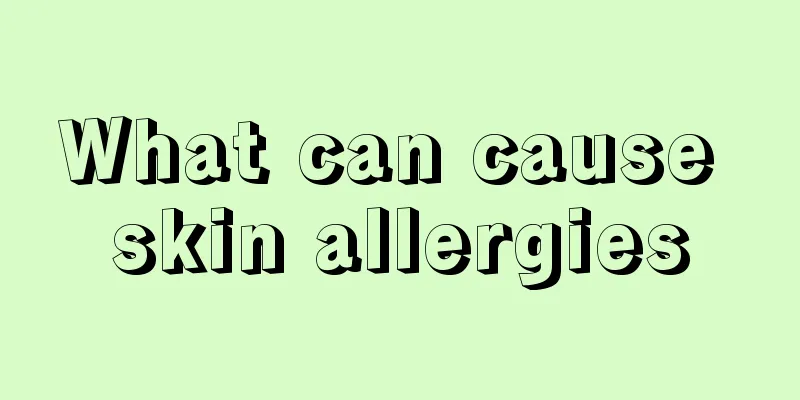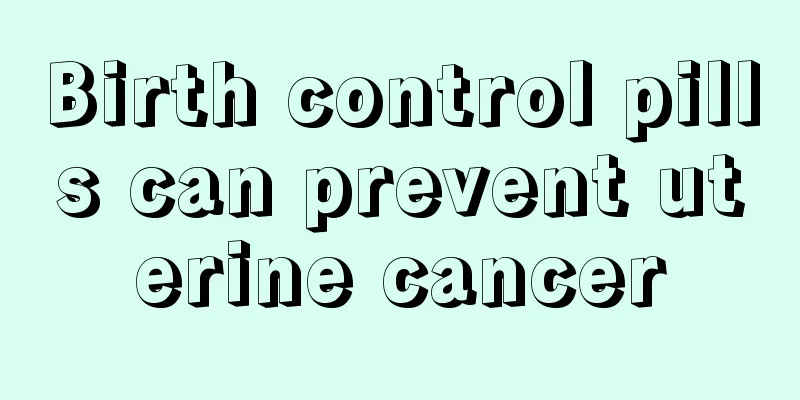What should I do if I have a fever the next day after getting a vaccination

|
From childhood to adulthood, people need to get a lot of vaccinations. People with good physical constitution will not have any special symptoms after vaccination. Some people may experience a low-grade fever, which is normal and there is no need to worry too much. It will heal on its own in a couple of days, but you can't ignore this situation. You can apply a cold towel to your forehead to help cool you down. If the fever does not subside, you need to go to the hospital for a check-up. Having a fever after getting a vaccination is a very worrying problem, especially for some babies who get vaccinations frequently, and they are most likely to have a fever after getting a vaccination. Experts point out that various vaccinations are made with added pathogens or their toxins, which will cause certain irritation to the human body. Therefore, local or systemic adverse reactions may occur after vaccination. 1. A low fever after vaccination is a relatively common situation. It usually subsides on its own after 1-2 days, so no special treatment is required. However, you should pay attention to various life care measures. For example, you should wear less clothes when you have a fever to dissipate heat and reduce the temperature. Especially when a child has a fever after vaccination, parents must not wrap the child tightly to prevent the child's temperature from getting higher and higher or delay the fever reduction time. Secondly, you can also use some physical methods to lower the body temperature, such as taking a warm bath or wiping the body with warm water, applying cold wet compresses on the head, etc. The simplest and most direct way to reduce fever is to buy a cooling patch, which can be applied to the baby's forehead or cervical spine. Generally, each patch can continuously reduce the temperature for 12 hours. 2. However, there are a few people whose bodies react more strongly after vaccination, and their body temperature may exceed 39°C, accompanied by systemic reactions such as nausea, vomiting, and loss of appetite. At this time, you should take antipyretics under the guidance of a doctor, rest more, maintain a light diet, and pay special attention to replenishing adequate water. If you still have a fever after 2-3 days, you should take it seriously. It may be a secondary infectious disease caused by the vaccination. It is best to go to the hospital for treatment in time. |
>>: How to fry sweet potatoes deliciously and simply
Recommend
What diseases are related to back fever
When you feel heat on your back, you should consi...
Introduction to four very effective treatments for colon cancer
It is very important for patients with colon canc...
Why are middle-aged men more susceptible to liver cancer? Reasons why men are more susceptible to liver cancer and how to prevent it
March 18 is China Liver Care Day. According to da...
Pillow for treating cervical spondylosis
There are many patients with cervical spondylosis...
Which fish can be eaten by gastritis
For friends who suffer from stomach diseases, the...
Is platelet count 25 dangerous?
A platelet count of 25 is significantly lower tha...
How should patients with liver cancer eat during the recovery period? Dietary tips for patients with liver cancer during the recovery period
After active treatment, liver cancer patients are...
What are the specific causes of lung cancer? What are the causes that may easily induce lung cancer?
Lung cancer has become more and more common in re...
Are you aware of these 8 consequences of untreated hypothyroidism?
Many people in life are unfamiliar with the term ...
Intestinal cramps and diarrhea
Generally, we all experience intestinal colic and...
How to treat lumbar instability
Some occupational diseases are related to the lum...
What are the methods to prevent lymphoma
Preventing a disease from occurring is always bet...
The benefits of venting to the body
Knowing that a complex creature is one whose emot...
It feels comfortable to scratch athlete's foot, but what are the disadvantages of scratching it with hands?
Many people with athlete's foot will find the...
What is the cause of lymphoma and how to prevent it
Every disease has a certain cause. If you want to...









